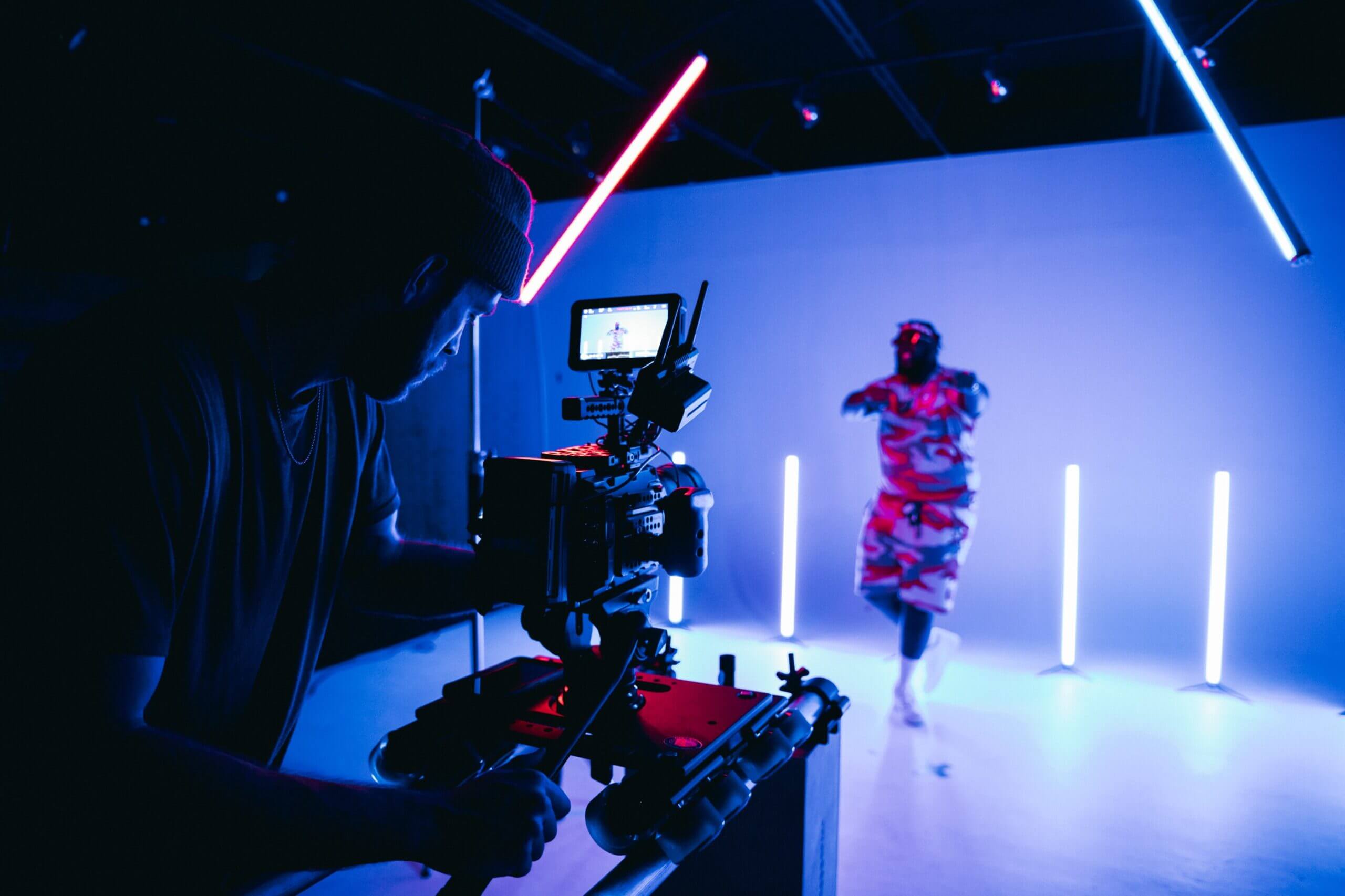Hollywood film producer Dan Lin, known for movies such as Disney’s live action “Aladdin” and “The Two Popes,” is forming a nonprofit organisation with more than one million dollars in funding from the Ford Foundation, the MacArthur Foundation, and numerous other philanthropic organisations. His goal is to help more people of colour make movies, TV shows, digital projects, and music.
Lin, the founder and CEO of the film and TV company Rideback, said, “There are a lot of talented, different creators, artists, and entrepreneurs.” “The only thing that is scarce in this Hollywood content machine is chance, money, and the willingness to take risks. We’re really determined to get past these limited access points, widen the funnel, and get more creative people of colour involved.”
Only 3 out of 10 film directors are Black, Latino, Asian-American, multiracial, or Native American. A new study from the University of California at Los Angeles says that only one-third of film writers are people of colour.
Rideback Rise is a nonprofit arm of the company that wants to raise a total of $2 million this year. It will run a fellowship programme for writers, directors, podcast creators, and other artists of colour who want to start a project and are chosen each year.
Each fellow will get a stipend of $50,000 and have access to a fund that will help them get materials to use in their projects, like books that could be turned into screenplays, and help to market their projects to people who might buy them. Lin says that it’s important to help creators use content from already-made things because some investors in movies and other projects think that content made by different artists for different audiences might not make enough money.
Fellows will get help with their projects from filmmakers and other professionals in the entertainment industry through Rideback. They will also work with other fellows on their projects. With the help of the nonprofit, fellows can then bring their projects to Rideback or another production company.
Once projects are finished and can be sold, Rise will get royalties ranging from 2% to 10% of each project’s budget and format, depending on how much it cost to make. Lin hopes that, over time, these fees will help Rideback Rise become a group that can support itself.
Lin said, “A typical movie takes three to five years to make.” “The same amount of time could be spent on a TV show. We went into the nonprofit space because we really need that money to get this organisation off the ground.
The Ford Foundation gave $600,000 to Rideback Rise because it wants to help mid-career creators get more opportunities and because Rideback Rise has an Intellectual Property Fund that lets participants get the rights to use certain content in their projects.
Chi-hui Yang, a senior programme officer at the Ford Foundation who handles grants for filmmaking, said, “We saw this as a chance to not only support these creators, but also to support a pretty unique way to boost POC content more broadly in the Hollywood industry.”
The grant to the new nonprofit moves the MacArthur Foundation in a new direction. Before, it mostly gave money to nonfiction media.
The person in charge of the foundation’s journalism and media programme, Kathy Im, said, “For us to give a direct grant to an organisation like Rideback Rise is a bit of a departure for us and one of the first of its kind.” The organisation that gave Rideback Rise $200,000 may use this as a test to see if it wants to support similar projects in the future.
“We have come to realise and recognise that all forms of popular culture, including mainstream fiction films and scripted TV shows, as well as journalism and documentary films, which are our sweet spot, have a huge educational value and social impact,” Im said.
The Doris Duke Foundation for Islamic Art, the Zelnick Belzberg Charitable Trust, and the UTA Foundation, which is the charitable arm of the United Talent Agency in Beverly Hills, are some other organisations that give grants. Rideback plans to give another $100,000 to the nonprofit in the next few weeks. This is on top of the $50,000 it has already given to Rideback Rise.
A UCLA report on diversity in Hollywood says that there are still not enough people of colour working as film directors and writers.
Darnell Hunt, dean of social sciences at UCLA and co-author of the Hollywood diversity report, said, “People in positions of power in Hollywood tend to feel more comfortable hiring people they’ve worked with before, who they’re familiar with, who kind of thought like them, and who could crank out projects at the pace that the industry demanded.” “So you had this machine that kept going on its own, opening doors for the same people over and over again. Most of the time, they were white men.”
Rideback Rise wants to choose its first five fellows by the fall of this year, and it plans to slowly add more each year. Rideback Rise wants to have a total of 25 fellows by the end of its fifth year of business.
The nonprofit will also be able to reach more creators through the Rise Circle, which is made up of more than 500 writers, filmmakers, and other people who work in entertainment. These people will be able to attend events that will help them build their careers and connect with other people in their field. In October, the nonprofit held its first event. Comedian Hasan Minhaj was there to give advice to Circle members. The nonprofit is planning to hold a two-night event soon that will feature both new and well-known comedians of colour.
Lin said, “We’ll give talks that are meant to inspire, but we also want to do more tactical, hands-on training.” He said it was important for people to “be able to ask questions that you may think are dumb, but they’re basic questions that you just don’t learn about because Hollywood doesn’t have a set training system like some other industries do.”
Karan Menon, a comedian, went to the event with Minhaj last year. There, he met people who helped him get an internship at Rideback Rise. He also met someone who helps him do research for his online sketch comedy videos and other comedians who want to join his stand-up shows.
“People were really interested in getting each other’s phone numbers and talking after the event, because there’s only so much a comedian or creator can do on their own,” he said.
Hunt, the dean of UCLA, said that he thinks it’s good that philanthropic money helps fund programmes that help aspiring creators of colour, but that the entertainment industry needs to do more to improve diversity.
He said, “Pay attention to the industry itself, how it’s set up, and the kinds of opportunities it’s creating for that new, rich pipeline that’s being built.”

